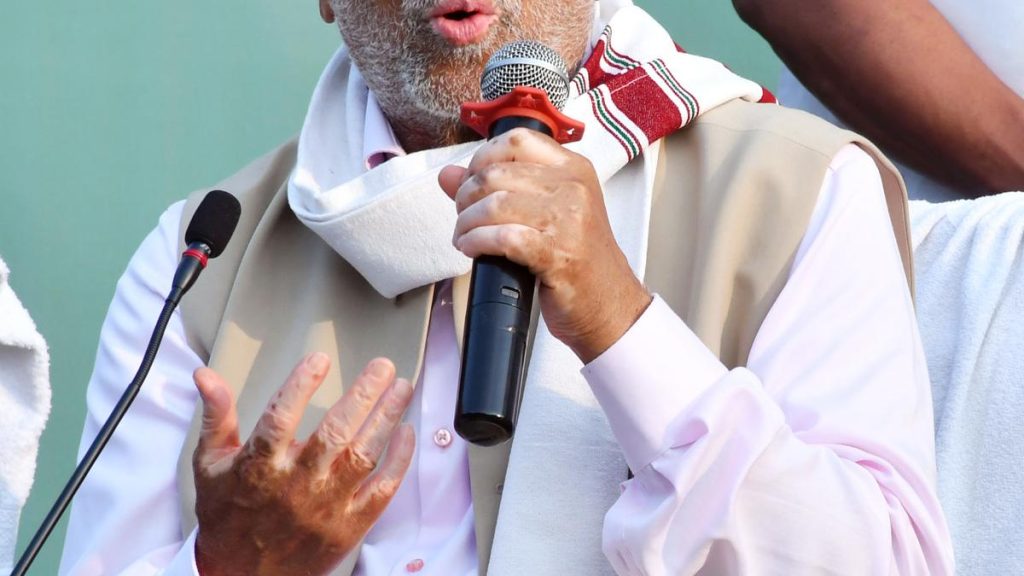Now Reading: Powerloom Federation Seeks GST Cut to Offset U.S. Tariff Pressures
-
01
Powerloom Federation Seeks GST Cut to Offset U.S. Tariff Pressures
Powerloom Federation Seeks GST Cut to Offset U.S. Tariff Pressures
Rapid Summary
- The Federation of Tamil Nadu Powerloom Associations has petitioned the Union government to reduce GST on manmade fibre (MMF) from the existing 12% to 5%, aiming to alleviate challenges faced by the sector.
- A statement from federation president L.K.M. Suresh emphasized that over 20 lakh weavers across more than 6 lakh looms in Tamil Nadu-and around 70 lakh people nationwide-rely on this industry, which is currently struggling due to U.S. tariffs and other financial strains.
- The association welcomed recent policy moves by the Prime Minister, including GST rate reductions and suspension of cotton import duties, but stressed that U.S.-imposed tariffs are worsening thier situation and urged for export incentives.
- Issues with synthetic fabric taxation were highlighted: despite a reduction from an initial GST rate of 18% to 12%, businesses still pay a delayed input tax credit of up to four months, creating severe financial stress for mills forced into high-interest loans.
Indian Opinion Analysis
The challenges outlined by the Tamil Nadu Powerloom Federation reveal structural issues in India’s textile exports sector, especially its reliance on external markets such as the United States. While recent reductions in taxes signal an intent toward supporting domestic industries, ongoing hurdles like input credit delays and punitive foreign tariffs exacerbate production costs and reduce competitiveness globally.
Given Tamil Nadu’s significant role in india’s powerloom production-employing millions-the call for lower GST rates could serve as a pivotal step toward reviving growth domestically while mitigating losses incurred internationally due to unfavorable trade policies. Export incentives might further buffer this sector against global competition but would require sustainable funding strategies given finite resources at hand.Resolving inefficiencies within taxation processes will likely contribute considerably toward stabilizing this employment-centric industry without compromising fiscal discipline-a balance critical for navigating interwoven domestic welfare priorities with international trade pressures.
Read More: The Hindu Article























